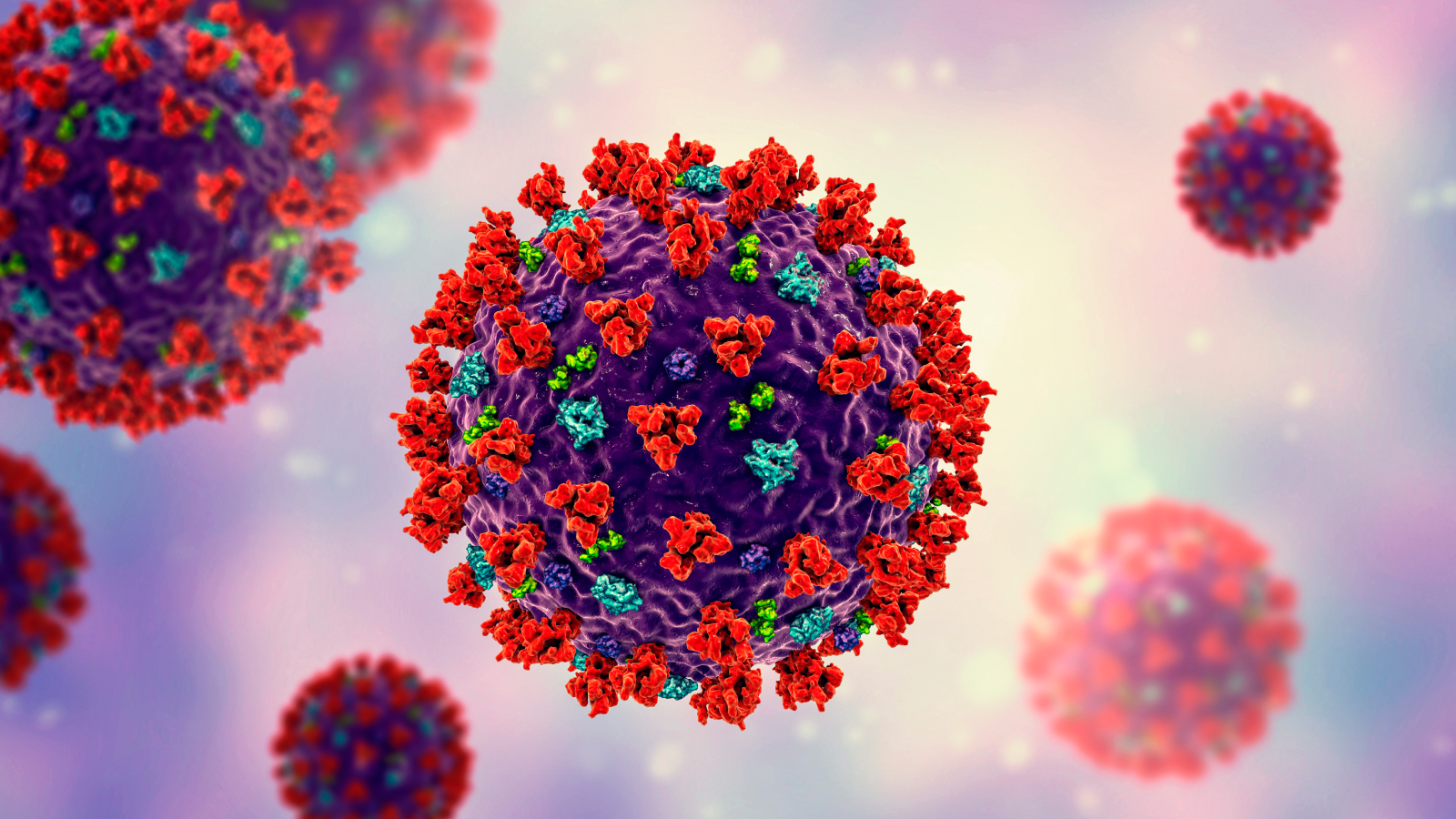How to Beat Jet Lag: Don't Eat

A new discovery of a "mealtime clock" in our brains suggests that a short fast from eating could allow people to cope with jet lag and nightshift grogginess.
This food-related clock, which was found in mice, is similar to our body's primary timekeeper called the circadian rhythm, so scientists think the finding could apply to humans.
While the light-driven circadian rhythm is in charge most of the time, the researchers suggest in the May 23 issue of the journal Science that the mealtime clock takes over when food is scarce. By changing animals' behavior patterns so they don't snooze through an opportunity to eat, this newly discovered clock may be crucial to survival.
And it could also ward off jet lag in humans.
Clifford Saper of Harvard's Beth Israel Deaconess Medical Center and his colleagues discovered the food clock by running experiments in mice that were missing a key biological clock gene. The team restored the gene's function in one part of the brain at a time to see which cells responded to food.
"We discovered that a single cycle of starvation followed by refeeding turns on the clock," Saper said, "so that it effectively overrides the suprachiasmatic nucleus [the circadian clock] and hijacks all of the circadian rhythms onto a new time zone that corresponds with food availability."
In addition to keeping animals' bellies plenty full, the clock has implications for travelers and shift workers.
Sign up for the Live Science daily newsletter now
Get the world’s most fascinating discoveries delivered straight to your inbox.
For example, if you travel from the United States to Japan, your body needs to adjust to a 13-hour to 16-hour time difference. "Because the body's biological clock can only shift a small amount each day, it takes the average person about a week to adjust to the new time zone," Saper said. "And, by then, it's often time to turn around and come home."
By changing your eating schedules, a traveler might be able to rev up this secondary clock and adjust more quickly to the new time zone.
"A period of fasting with no food at all for about 16 hours is enough to engage this new clock," Saper said. "So, in this case, simply avoiding any food on the plane, and then eating as soon as you land, should help you to adjust."
The research was supported by grants from the U.S. Public Health Service.
- Amazing Animal Abilities
- Quiz: Test Your Nutrition Smarts
Jeanna Bryner is managing editor of Scientific American. Previously she was editor in chief of Live Science and, prior to that, an editor at Scholastic's Science World magazine. Bryner has an English degree from Salisbury University, a master's degree in biogeochemistry and environmental sciences from the University of Maryland and a graduate science journalism degree from New York University. She has worked as a biologist in Florida, where she monitored wetlands and did field surveys for endangered species, including the gorgeous Florida Scrub Jay. She also received an ocean sciences journalism fellowship from the Woods Hole Oceanographic Institution. She is a firm believer that science is for everyone and that just about everything can be viewed through the lens of science.










